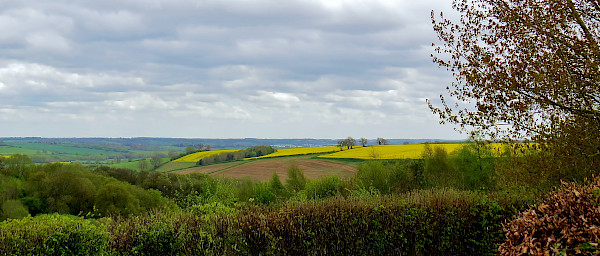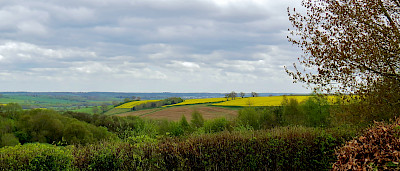
25 May 2016
This blog is by Mark Walton, Executive Director of Shared Assets and a speaker at 'Own the Future: Public ownership in the 21st century'.
What should public ownership look like in 2030? That was the question behind We Own It’s recent ‘Own The Future’ event. I founded Shared Assets in 2012 with the aim of making land work for everyone and a vision of creating a 21st century commons, so it was the perfect opportunity to explore some of these themes in relation to public land.
In the past year Shared Assets has worked with a dozen local authorities that are seeing reductions of 50-100% in parks and green space budgets. Whilst some are closing or selling parks and public green space most are retaining freehold ownership of these assets and offering leases, or management contracts, to third parties including charities and community groups. Other, less visible, public land assets are being sold off. The disposal of county farms and plant nurseries for instance is resulting in the loss of resources that local communities could be using to develop sustainable and resilient local economies. A further threat comes from the planned privatisation of access to the Land Registry databases that tell us who owns what.
On the other side of the equation Shared Assets also works with community and social enterprises wanting to manage land for shared social benefits through food growing, woodland management, health and education activities all of which generate income and create training and employment opportunities. All the groups we work with are seeking access to land and often struggling to get the type of land and tenure they need
So what needs to change?
For public land we want to see an end to the sale of public parks, green spaces, woodlands and farms. However the public sector also needs to ensure that the land it owns is managed for the widest possible public benefit not just maintained as an attractive amenity. We need to see public sector commissioning that offers up the opportunity to manage public land in return for common good outcomes such as jobs, health, education and wellbeing, rather than just contracting out the physical maintenance.
Changes in how we use public land will always be contentious so we are going to need new forms of governance, that are local, open, and engaging and that enable people to discuss, make and implement decisions about how local land is used.
We would also argue that it’s not just public land that should be being managed to provide public benefits. If land is a common good then we should all have the right to be able to meet our basic needs from the land regardless of ownership. Perhaps we need a ‘common good’ use class for land that would place requirements on the owner to provide public access, reinvest profits in improving the quality of the land, and undertaking annual social reporting in much the same way that Community Interest Companies currently have to produce an annual community interest report.
These proposals all require a significant change in how we see land, moving from viewing it as a commodity or a financial asset to seeing it as a common good.
So how do we get there?
First we need open data so we can see who owns what. We need to fight the privatisation of the Land Registry, and not just keep it public but actually open it up to public scrutiny.
Secondly we need a debate about the different things we need from land and how we reconcile competing uses. Local authorities may have a key role to play here in supporting the development of local land use strategies that consider how land use can meet a broad range of social and economic needs.
Thirdly we need a better understanding of current land use, histories of ownership, the roles of subsidy, and the impacts of markets. This is something Andy Wightman, an experienced Scottish land reform campaigner, describes as ‘land literacy’.
Own The Future was a great opportunity to engage in some of these conversations and contribute to the development of ‘land literacy’ in relation to public land. We’re looking forward to working with We Own It and all those with an interest in public land ownership that can keep delivering shared public benefit in 2030 and beyond.

